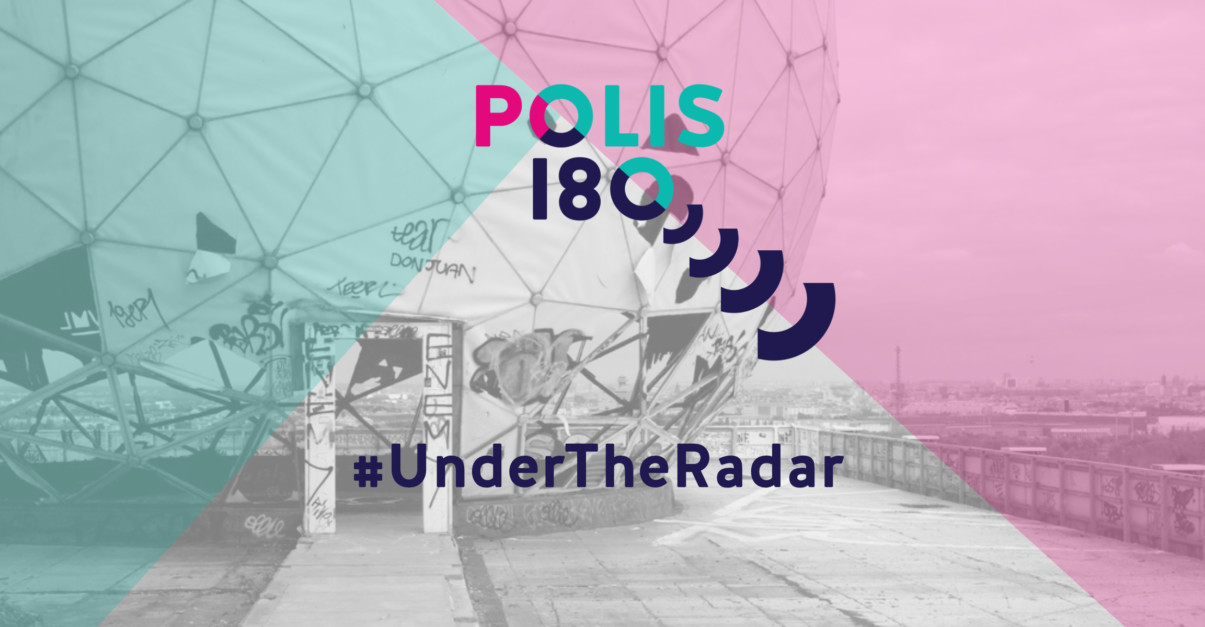In another episode of #UTR, the Polis Blog presents three news stories that undeservedly slipped through the cracks of last month’s media attention.
A Column by Anne-Kathrin Glück and Rebecca Toto
When comparing extracts of Jacques Rancière’s and Pierre Bourdieu’s publications on politics and public opinion, it seems inevitable to render the cogency that stems from both theories. The objectification of problems and responses circles around current debates on mass migration, integration, poverty and politicisation where one will consent to one belief or the opposed. As a result the public’s assumption of their own opinion is believed to be divided, whatever recent political issue concerns each individual. Whether right or left, rich or poor, educated or uneducated, Europe’s society strides towards practiced resoluteness when it comes to great challenges for civilisation. The point both French philosophers made addresses the distortion of public opinion which alienates the individual view and consequently the individual judgment, when at the same time a solution finding process relies on strategic information transmission.
Polis Programme European Union: MEP’s Back European Travel Document
Members of the European Parliament have given their green light to a EU travel document for the return of illegal third-country nationals, which means that the Council will pave the way for actual law enforcement. By the end of 2015, the European Commission proposed regulations for a uniform travel ID for those who enter the European Union to seek asylum. This applies to the prior proposed EU Action Plan. The goal of the proposal is to facilitate return operations of individuals who have not been granted asylum in any European member state as well as to enhance recognition by third countries.
Why should this be on our radar? Keeping track of migrants and refugees who enter the EU may not only help to coordinate the recent influx but strengthen the cooperation between EU member states.
Polis Programme Migration: Spike in US Citizenship Applications Is No Coincidence
The popularity of US presidential candidate Donald Trump has sparked mass political mobilisation amongst migrants who use their voice influence the election’s outcome. Trump’s promise to build a higher wall on the Mexican border, ban Muslims and other migrant groups as well as deport most Mexican and Muslim migrants has angered many American citizens. Migrants constitute 26 percent of the overall US population and more than half are Hispanic. Since the last elections, voter registrations of naturalised migrants have increased by 20 percent and the Pew Hispanic Center estimates that by 2016 a total of 27.3 million Latinos will be eligible to vote. The network of interconnected migrant organisations has been the main force behind assembling migrants to apply for citizenship and register to vote. Hence, the determination of individual migrants paired with the fierce gathering by migrant civil society is paving the way for an increasingly powerful migrant voter population.
Why should this be on our radar? Despite a history of low political involvement of migrants in the US, newly registered migrants have the potential to play an important role in the upcoming elections. European civil society too should educate and inform migrant groups in Europe about European elections and government systems in hope that migrants become more politically involved.
Polis Programme Peace & Security: Further NATO Enlargement in Eastern Europe
While Montenegro is set to become the official member 29 of the North Atlantic Treaty Organization after all member states have ratified the protocol, the debate on a possible accession of Georgia and Ukraine is not over. There is a common belief that both countries are not meeting the necessary criteria to join the alliance. However, with regard to the upcoming NATO summit in Warsaw in July, relations between the Western coalition and its Eastern European partners continue to improve, if only on military terms. The claim that NATO may offer an associate partnership status to Georgia and Ukraine has been dismissed. Nevertheless, military activities in the Black Sea will increase with American, German, Italian and Turkish missions supporting Georgia and Ukraine. It is only a matter of time until the growing troop density in the Black Sea will fuel existing tensions between the alliance and its counterpart Russia.
Why should this be on our radar? The claim for European stability seems rather questionable in times of military expansion and obstructed diplomacy.
In a (new) column edited by Polis Blog, newsworthy issues in foreign and European policy that slipped through the cracks of public attention are informally listed in a Top 3 linked to the Polis180 Programs Europe, Peace and Security and Migration.
Image source: „teufelsberg ii“, von Büsenfeld, http://bit.ly/1RMYPlj, lizensiert unter Creative Commons license 2.0.: https://creativecommons.org/licenses/by/2.0/.
